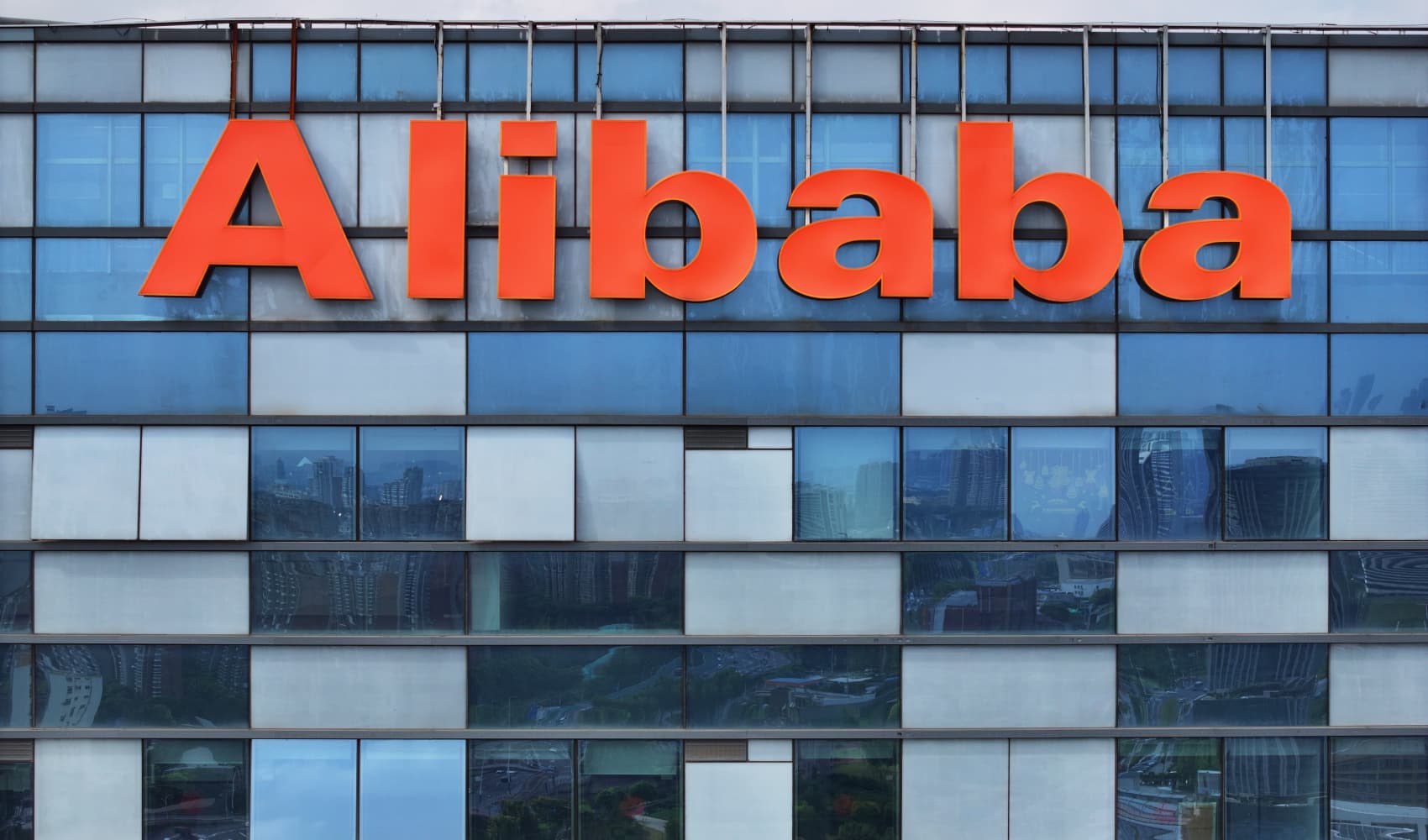
2 interview red flags according to a co-founder who’s hired and interviewed hundreds of people
Elizabeth Gore has hired and interviewed "hundreds of people," she says.
Gore worked at the United Nations Foundation then Dell helping entrepreneurs around the world build their businesses. In 2017, she co-founded Hello Alice, a platform helping entrepreneurs gain "access to capital like grants, loans, credit," she says, and connecting them with a network of like entrepreneurs.
When it comes to finding the right candidates during job interviews, she loves asking questions like, "what do you think we're doing wrong at our company?" as a way to gauge what they can bring to the table, she says. She also pays attention to what turns her off.
Here are two of her biggest red flags.
Get top local stories in San Diego delivered to you every morning. Sign up for NBC San Diego's News Headlines newsletter.
Candidates who don't think beyond the job description
Gore's No. 1 red flag is seeing that a candidate is focused solely on what's in the job description. It's fine to think about that list of tasks, "but how are they going to go beyond it?" she says.
The job description outlines the basics of what a job entails, but it can't cover everything, especially original initiatives. "How are they going to stretch?" Gore says about what she considers. "How are they going to push our company goals? What innovation are they bringing to the table?" All of these could mean success for her company down the line.
Money Report
To see if a candidate has thought beyond the listing, she'll ask questions about their ideas for the company and try to get feedback about what the company could be doing better. If they come with critical thoughts and relevant pitches, that's a good sign.
This kind of expansive thinking is especially important at startups. Employees have to innovate, but they often also have to wear many hats. "Our motto is 'everyone takes out the trash,'" says Gore. She wants something who's going to do whatever is necessary to move the team forward.
Candidates who haven't 'done significant research on the company'
Sussing out what candidates are focused on helps Gore uncover her second red flag: people coming into the interview unprepared.
If she asks a question like, "what other ideas do you have?" and the answer is "well, you know, I would have to do more research," she says, "or I didn't have time to look into the company," it's clear they didn't bother to do the bare minimum of learning about the opportunity, let alone think big about how to solve problems.
This behavior is unfortunately common. "I'm actually shocked at how many times people don't do their homework," Adriane Schwager, CEO and co-founder of hiring platform GrowthAssistant, previously told Make It. Her biggest piece of advice to people at any experience level is to show up prepared.
Gore is most interested in candidates who have "done significant research on the company" with "ideas to bring," she says. Those are the people who could help her company reach its goals.
Want to up your AI skills and be more productive? Take CNBC's new online course How to Use AI to Be More Successful at Work. Expert instructors will teach you how to get started, practical uses, tips for effective prompt-writing, and mistakes to avoid. Sign up now and use coupon code EARLYBIRD for an introductory discount of 30% off $67 (+ taxes and fees) through February 11, 2025.
Plus, sign up for CNBC Make It's newsletter to get tips and tricks for success at work, with money and in life.






